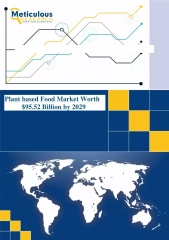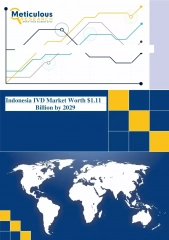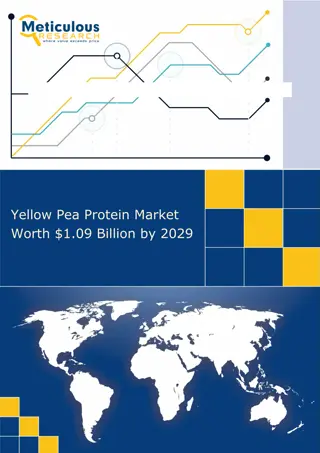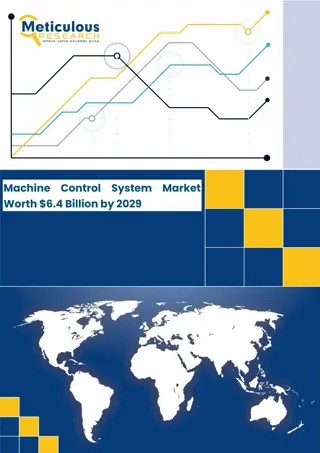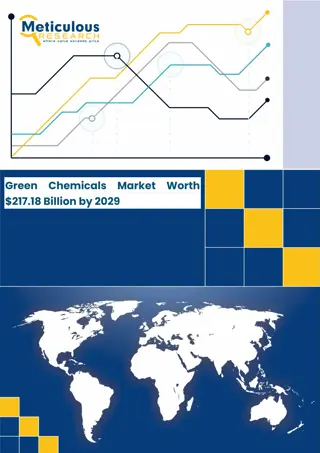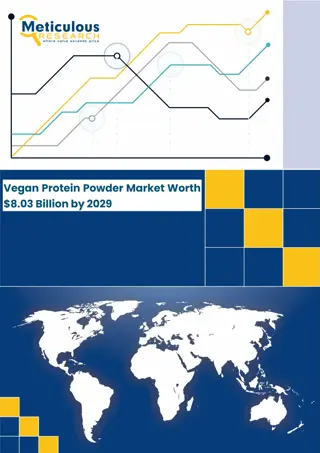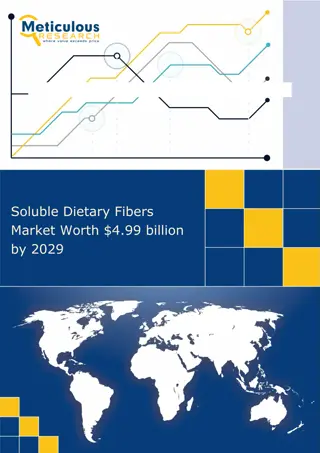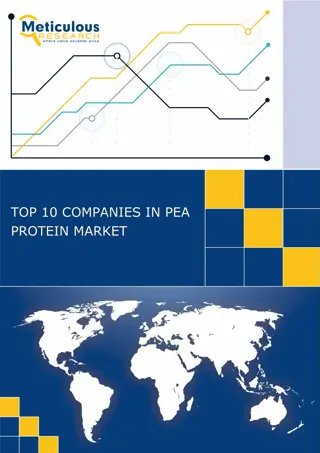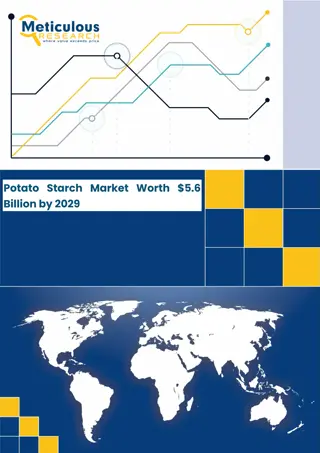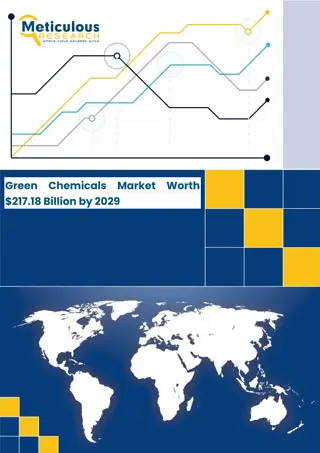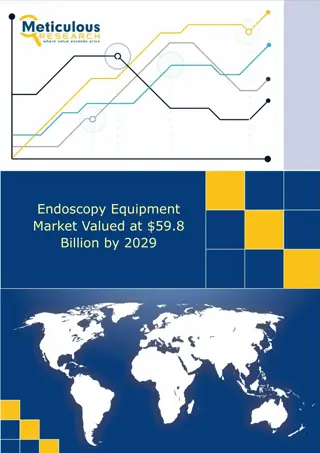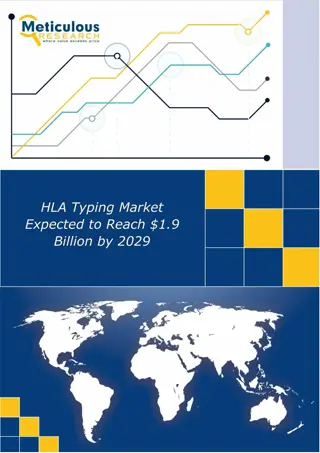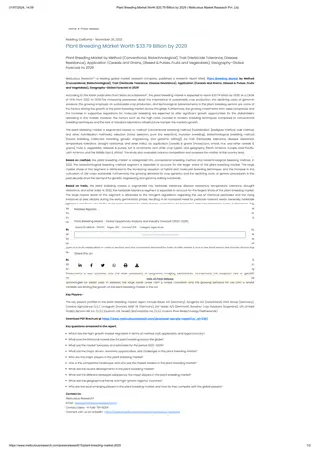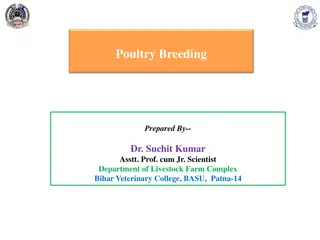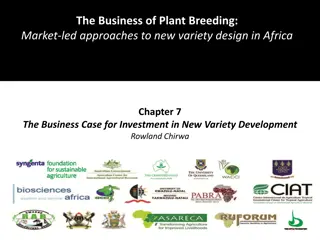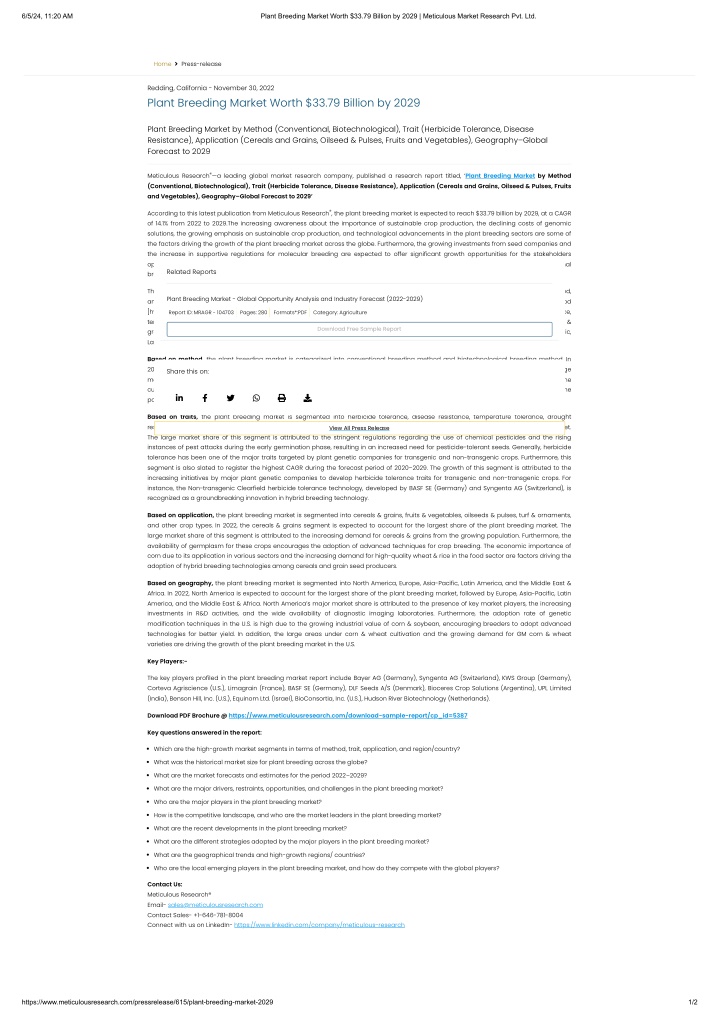
Plant Breeding Market Application Worth $33.79 Billion by 2029
Agricultural production is impacted by various factors, including climate change, rapid population growth, increasing demand for food, declining biodiversity, and other factors that simultaneously affect crop plant production and productivity. Climate change is becoming a serious global challenge and poses significant threats to food security, ecosystems, economic stability, and water resources.
Download Presentation

Please find below an Image/Link to download the presentation.
The content on the website is provided AS IS for your information and personal use only. It may not be sold, licensed, or shared on other websites without obtaining consent from the author. If you encounter any issues during the download, it is possible that the publisher has removed the file from their server.
You are allowed to download the files provided on this website for personal or commercial use, subject to the condition that they are used lawfully. All files are the property of their respective owners.
The content on the website is provided AS IS for your information and personal use only. It may not be sold, licensed, or shared on other websites without obtaining consent from the author.
E N D
Presentation Transcript
6/5/24, 11:20 AM Plant Breeding Market Worth $33.79 Billion by 2029 | Meticulous Market Research Pvt. Ltd. Home Press-release Redding, California - November 30, 2022 Plant Breeding Market Worth $33.79 Billion by 2029 Plant Breeding Market by Method (Conventional, Biotechnological), Trait (Herbicide Tolerance, Disease Resistance), Application (Cereals and Grains, Oilseed & Pulses, Fruits and Vegetables), Geography Global Forecast to 2029 Meticulous Research a leading global market research company, published a research report titled, Plant Breeding Market by Method (Conventional, Biotechnological), Trait (Herbicide Tolerance, Disease Resistance), Application (Cereals and Grains, Oilseed & Pulses, Fruits and Vegetables), Geography Global Forecast to 2029 According to this latest publication from Meticulous Research , the plant breeding market is expected to reach $33.79 billion by 2029, at a CAGR of 14.1% from 2022 to 2029.The increasing awareness about the importance of sustainable crop production, the declining costs of genomic solutions, the growing emphasis on sustainable crop production, and technological advancements in the plant breeding sectors are some of the factors driving the growth of the plant breeding market across the globe. Furthermore, the growing investments from seed companies and the increase in supportive regulations for molecular breeding are expected to offer significant growth opportunities for the stakeholders operating in this market. However, the factors such as the high costs involved in modern breeding techniques compared to conventional breeding techniques and the lack of standard laboratory infrastructure hamper the market s growth. Related Reports The plant breeding market is segmented based on method (conventional breeding method [hybridization {pedigree method, bulk method, and other hybridization methods}, selection {mass selection, pure line selection}, mutation breeding], biotechnological breeding method [hybrid breeding, molecular breeding, genetic engineering, and genome editing]), by trait (herbicides tolerance, disease resistance, temperature tolerance, drought resistance, and other traits), by application (cereals & grains [maize/corn, wheat, rice, and other cereals & grains], fruits & vegetables, oilseeds & pulses, turf & ornaments, and other crop types), and geography (North America, Europe, Asia-Pacific, Latin America, and the Middle East & Africa). The study also evaluates industry competitors and analyses the market at the country level. Plant Breeding Market - Global Opportunity Analysis and Industry Forecast (2022-2029) Report ID: MRAGR - 104703Pages: 280Formats*:PDFCategory: Agriculture Download Free Sample Report Based on method, the plant breeding market is categorized into conventional breeding method and biotechnological breeding method. In 2022, the biotechnological breeding method segment is expected to account for the larger share of the plant breeding market. The large market share of this segment is attributed to the increasing adoption of hybrid and molecular breeding techniques and the increase in the cultivation of GM crops worldwide. Furthermore, the growing demand for crop genetics and the declining costs of genetic procedures in the past decade drive the demand for genetic engineering and genome editing worldwide. Share this on: Based on traits, the plant breeding market is segmented into herbicide tolerance, disease resistance, temperature tolerance, drought resistance, and other traits. In 2022, the herbicide tolerance segment is expected to account for the largest share of the plant breeding market. The large market share of this segment is attributed to the stringent regulations regarding the use of chemical pesticides and the rising instances of pest attacks during the early germination phase, resulting in an increased need for pesticide-tolerant seeds. Generally, herbicide tolerance has been one of the major traits targeted by plant genetic companies for transgenic and non-transgenic crops. Furthermore, this segment is also slated to register the highest CAGR during the forecast period of 2020 2029. The growth of this segment is attributed to the increasing initiatives by major plant genetic companies to develop herbicide tolerance traits for transgenic and non-transgenic crops. For instance, the Non-transgenic Clearfield herbicide tolerance technology, developed by BASF SE (Germany) and Syngenta AG (Switzerland), is recognized as a groundbreaking innovation in hybrid breeding technology. View All Press Release Based on application, the plant breeding market is segmented into cereals & grains, fruits & vegetables, oilseeds & pulses, turf & ornaments, and other crop types. In 2022, the cereals & grains segment is expected to account for the largest share of the plant breeding market. The large market share of this segment is attributed to the increasing demand for cereals & grains from the growing population. Furthermore, the availability of germplasm for these crops encourages the adoption of advanced techniques for crop breeding. The economic importance of corn due to its application in various sectors and the increasing demand for high-quality wheat & rice in the food sector are factors driving the adoption of hybrid breeding technologies among cereals and grain seed producers. Based on geography, the plant breeding market is segmented into North America, Europe, Asia-Pacific, Latin America, and the Middle East & Africa. In 2022, North America is expected to account for the largest share of the plant breeding market, followed by Europe, Asia-Pacific, Latin America, and the Middle East & Africa. North America s major market share is attributed to the presence of key market players, the increasing investments in R&D activities, and the wide availability of diagnostic imaging laboratories. Furthermore, the adoption rate of genetic modification techniques in the U.S. is high due to the growing industrial value of corn & soybean, encouraging breeders to adopt advanced technologies for better yield. In addition, the large areas under corn & wheat cultivation and the growing demand for GM corn & wheat varieties are driving the growth of the plant breeding market in the U.S. Key Players:- The key players profiled in the plant breeding market report include Bayer AG (Germany), Syngenta AG (Switzerland), KWS Group (Germany), Corteva Agriscience (U.S.), Limagrain (France), BASF SE (Germany), DLF Seeds A/S (Denmark), Bioceres Crop Solutions (Argentina), UPL Limited (India), Benson Hill, Inc. (U.S.), Equinom Ltd. (Israel), BioConsortia, Inc. (U.S.), Hudson River Biotechnology (Netherlands). Download PDF Brochure @ https://www.meticulousresearch.com/download-sample-report/cp_id=5387 Key questions answered in the report: Which are the high-growth market segments in terms of method, trait, application, and region/country? What was the historical market size for plant breeding across the globe? What are the market forecasts and estimates for the period 2022 2029? What are the major drivers, restraints, opportunities, and challenges in the plant breeding market? Who are the major players in the plant breeding market? How is the competitive landscape, and who are the market leaders in the plant breeding market? What are the recent developments in the plant breeding market? What are the different strategies adopted by the major players in the plant breeding market? What are the geographical trends and high-growth regions/ countries? Who are the local emerging players in the plant breeding market, and how do they compete with the global players? Contact Us: Meticulous Research Email- sales@meticulousresearch.com Contact Sales- +1-646-781-8004 Connect with us on LinkedIn- https://www.linkedin.com/company/meticulous-research https://www.meticulousresearch.com/pressrelease/615/plant-breeding-market-2029 1/2
6/5/24, 11:20 AM Plant Breeding Market Worth $33.79 Billion by 2029 | Meticulous Market Research Pvt. Ltd. https://www.meticulousresearch.com/pressrelease/615/plant-breeding-market-2029 2/2

